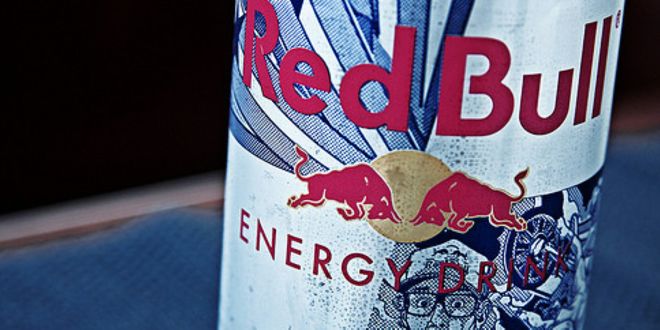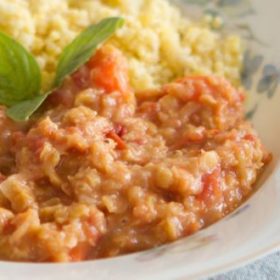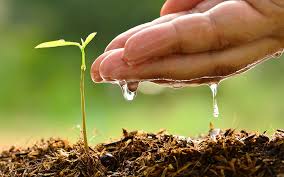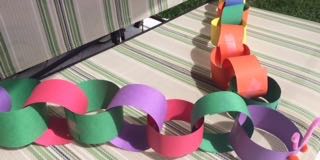By Dawna Matthews:
Energy seems to be a commodity most people want more of in their life. We all have experienced the mid-afternoon slump, lack of concentration, and even downright exhaustion. Historically, we humans have tried foods, herbs and drinks like tea or coffee to wake us up or make us more alert. Today, people are busier than ever and engaged in increasingly more activities which require looking for more ways to increase energy. Many — even our children — use energy drinks to do this.
Energy drinks and sports drinks are heavily marketed to children and adolescents who in most instances don’t even need them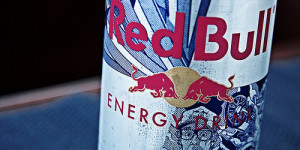 . Kids drink these beverages because they want to stay awake, lose weight, or hydrate after playing sports. The truth is that many of these energy drinks contain caffeine, sugar, chemicals, and other substances and compounds such as guarana and taurine, which mimic caffeine properties and act as stimulants. Caffeine and these stimulants affect the central nervous system, and a child’s central nervous system tends to be more sensitive than an adult’s. This means caffeine can make children more hyperactive, as well as increase nervousness, anxiety and digestive problems. Additionally, energy and sports drinks interfere with sleep patterns and one’s ability to relax. These effects in turn decrease energy, increase irritability, and cause a host of other harmful side effects. Other signs of negative effects from energy and sports drinks are heart palpitations, increased heart rates, dizziness, headache, anxiety, arrhythmia and an overall ill feeling.
. Kids drink these beverages because they want to stay awake, lose weight, or hydrate after playing sports. The truth is that many of these energy drinks contain caffeine, sugar, chemicals, and other substances and compounds such as guarana and taurine, which mimic caffeine properties and act as stimulants. Caffeine and these stimulants affect the central nervous system, and a child’s central nervous system tends to be more sensitive than an adult’s. This means caffeine can make children more hyperactive, as well as increase nervousness, anxiety and digestive problems. Additionally, energy and sports drinks interfere with sleep patterns and one’s ability to relax. These effects in turn decrease energy, increase irritability, and cause a host of other harmful side effects. Other signs of negative effects from energy and sports drinks are heart palpitations, increased heart rates, dizziness, headache, anxiety, arrhythmia and an overall ill feeling.
According to the American Association of Pediatrics (AAP) and Dr. Stephen Lipshultz, a professor of pediatrics, children should limit their caffeine intake (if any at all) to 100 mg a day. The AAP also states that “energy drinks are not appropriate for children and adolescents, and should never be consumed.” In addition to high levels of caffeine, these drinks also contain lots of sugar and calories. This can contribute to tooth decay as well as obesity.
Right now the labels on these drinks need to be improved, and Dr. Lipshultz and others within the AAP strongly advocate regulations on these drinks be imposed by the FDA to protect the health of our youth. Because our kids are looking to these drinks for various reasons, whether it’s to increase energy or help them lose weight, we need to help them make better choices as well as offer them support.
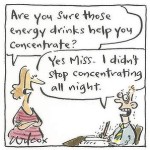 Some ways to help them is to limit the extra activities with which they are overloaded and overstimulated. Many children feel pressured to be involved in school as well as several after-school activities. This sometimes contributes to their feeling overwhelmed and needing more energy. See if there is something they can release from their schedules. If children are playing sports and need to hydrate, the best drink is water. It has no sugar or caffeine. Another drink to try in place of an energy or sports drink is a fresh green juice. A simple yet effective way to increase energy or help with lack of focus is deep breathing or aromatherapy with peppermint or citrus scents. Sometimes just going outside for fresh air and some sunlight enhances the mood, increases alertness, and lowers blood pressure and stress.
Some ways to help them is to limit the extra activities with which they are overloaded and overstimulated. Many children feel pressured to be involved in school as well as several after-school activities. This sometimes contributes to their feeling overwhelmed and needing more energy. See if there is something they can release from their schedules. If children are playing sports and need to hydrate, the best drink is water. It has no sugar or caffeine. Another drink to try in place of an energy or sports drink is a fresh green juice. A simple yet effective way to increase energy or help with lack of focus is deep breathing or aromatherapy with peppermint or citrus scents. Sometimes just going outside for fresh air and some sunlight enhances the mood, increases alertness, and lowers blood pressure and stress.
As we offer natural ways to support our children, their intake of these drinks just may decrease and their positive energy levels will escalate. Sounds like a win-win situation without the adverse effects. Let’s try it now!
http://www.aap.org/
http://www.pediatrics.aappublications.org/content/early/2011/05/25/peds.2011-0965.full.pdf+html


